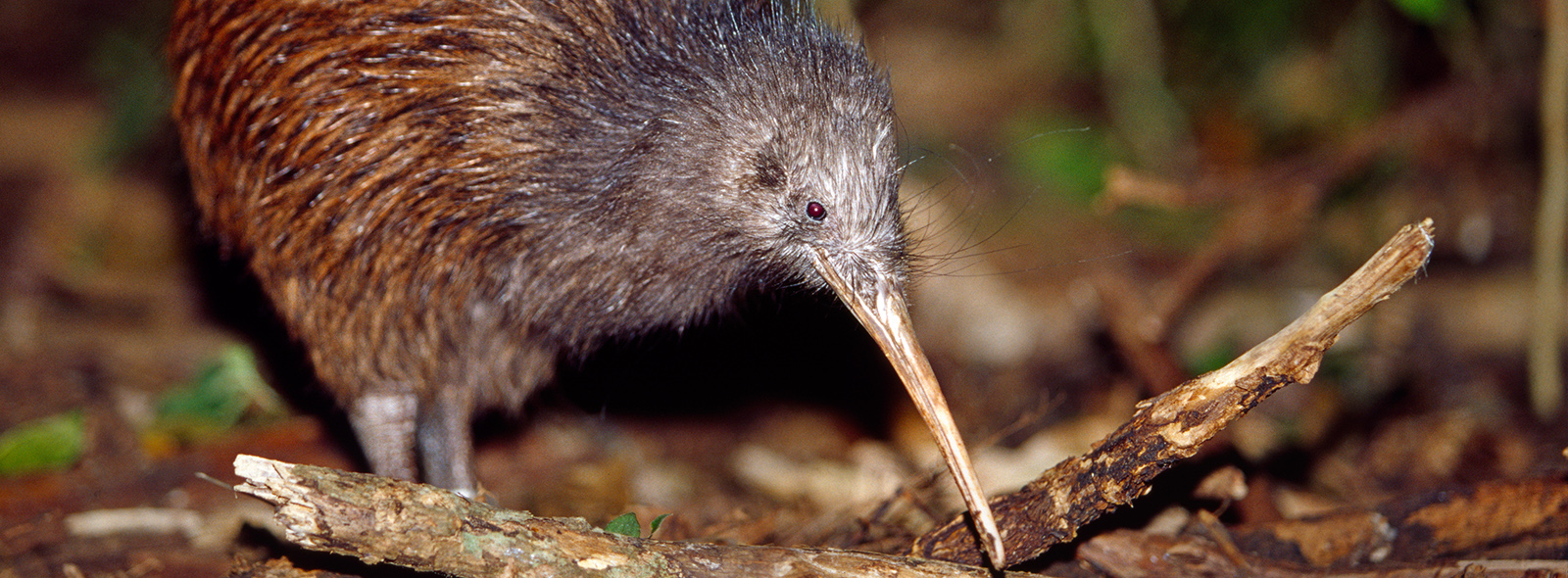Possum management in New Zealand, critical issues in 1998, PCE progress report no. 1
1 November 1998
In 1994 the Parliamentary Commissioner for the Environment released a wide-ranging report examining the use of 1080 for possum control, other control methods, how the effects of possums are managed, the statutory framework for managing possums and the management of feral animals carrying tuberculosis (Tb). The investigation was in response to widespread complaints concerning aerial application of 1080 for possum control.
Since 1994, progress has been made on a number of issues, for example:
- communication and coordination between the control agencies and the research advisers, funders and providers has been more effective
- there has been increased standardisation of monitoring operations.
However, despite this progress, possums are still a very significant risk to New Zealand. Possum impacts are complex, both environmentally and economically. This report discusses some of the ongoing strategic risks, including:
- Lack of integration for control strategies - there needs to be good understanding between control agencies and the regulatory agencies of the overall objectives of possum control. This includes the risks of not controlling possums and the opportunity costs that could result if tighter regulations increase the costs of control.
- Research gaps - the appropriate level of research into possums as predators needs to be identified and the adequacy of ecological research in New Zealand that examines the broader impacts of possums on natural systems evaluated.
- Social values - more research money should be spent on social science research into understanding public attitudes and perceptions and effectively providing scientific information to the public.
- Risk of an inappropriate policy response - Government research businesses, especially Landcare Research, have, through long-term strategic investments and partnerships, developed considerable expertise and made significant progress in the development of biological control methods. However access to sufficient research investment may be limiting their capacity to contribute.
- Overlooking tangata whenua concerns- if consultation/information matters are not convincing some tangata whenua will remain antagonistic to control operations. While objections may be localised, adverse publicity can affect other communities and add to a wider public climate of mistrust.
- Development of a quality assurance culture and training needs - without appropriate quality assurance systems and training programmes inefficiencies will continue.

